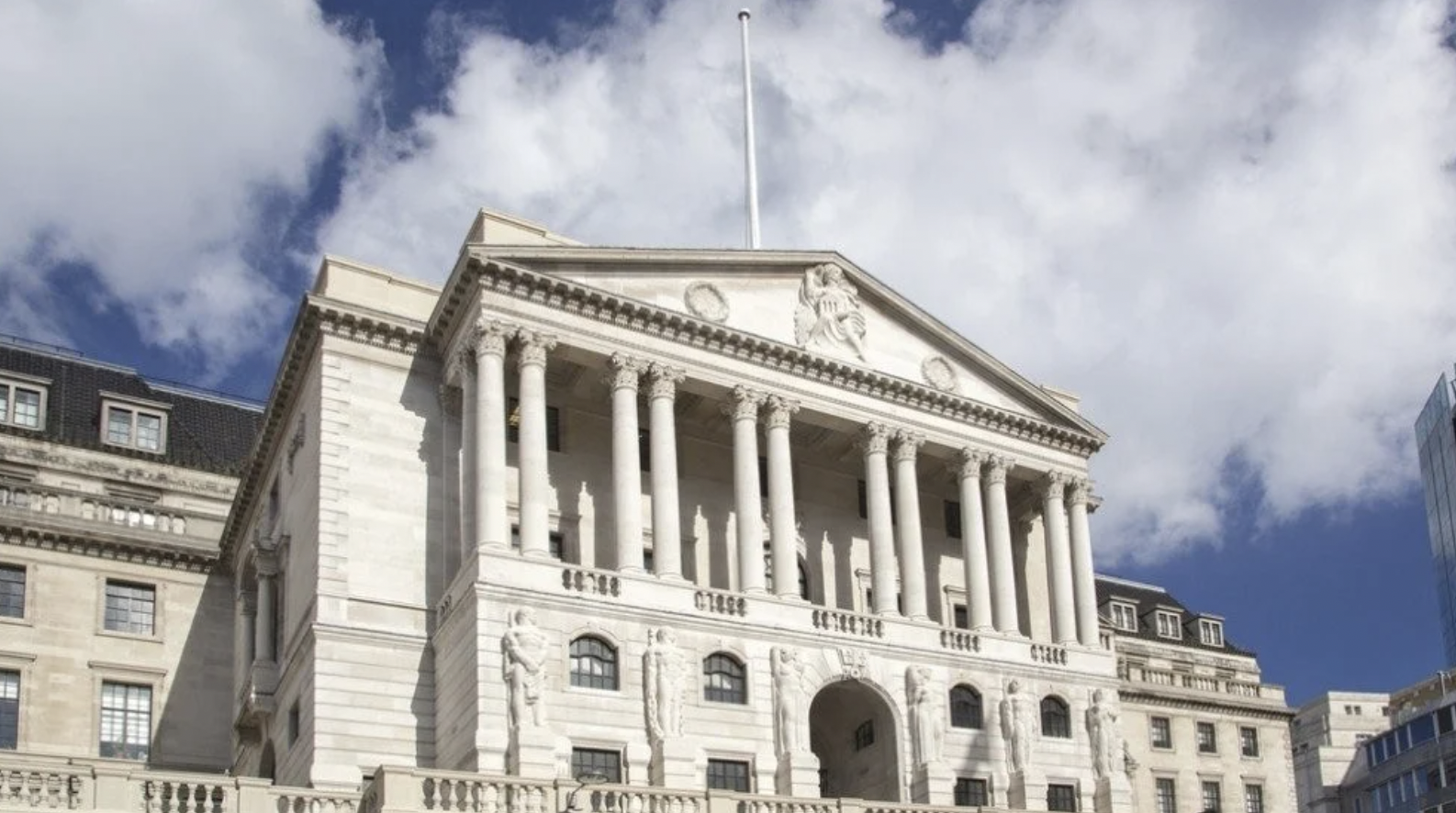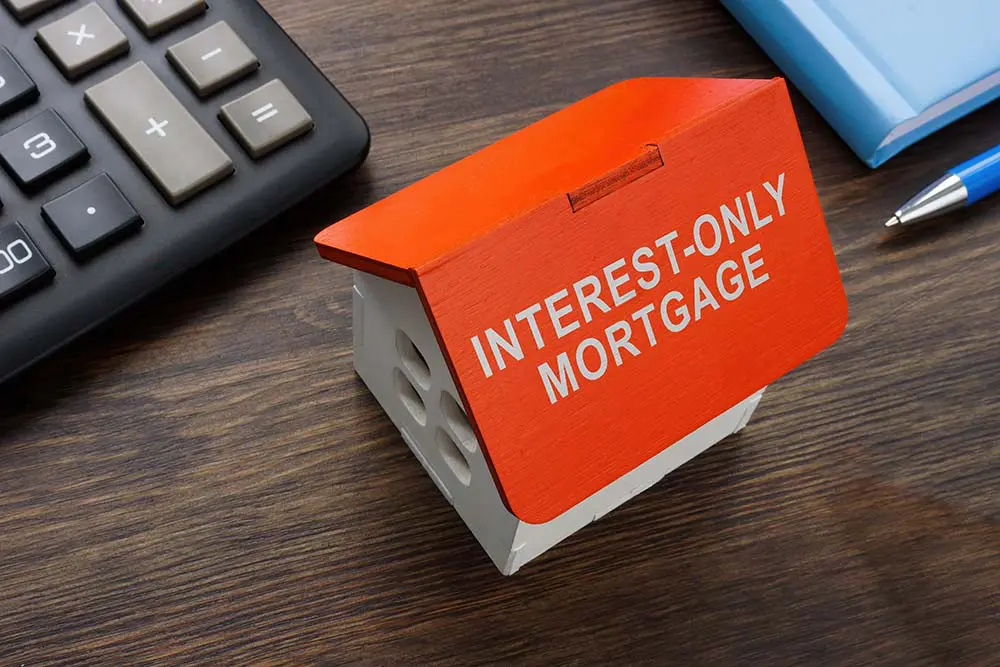The Impact of Inflation on Your Mortgage Rates
 We're all feeling the pinch of rising prices. You only have to look at the price of your food shop or your energy bill to see the impact of inflation on your household spending – but how does inflation affect mortgage rates?
We're all feeling the pinch of rising prices. You only have to look at the price of your food shop or your energy bill to see the impact of inflation on your household spending – but how does inflation affect mortgage rates?
Inflation fell to 7.9% in the year to June, down from 8.7% in the year to May, and significantly down from October 2022's 40-year high of 11.1%. It is expected to fall further in 2023, according to the Bank of England.
James Halstead, Director at My Financial Pro, comments: "For households, retreating inflation is good news as it means their money can stretch further – though consumers should remember that a typical basket of goods is still almost 8% more expensive than it was a year ago."
We explain how rising inflation impacts mortgages, what worried mortgage holders can do now - and whether inflation could cause house prices to fall.
How does inflation affect mortgage rates?
When inflation remains high like it has so far this year, it can have a significant impact on mortgage rates. This is because the Bank of England looks at factors like inflation when deciding whether to raise or cut the base rate to curb high inflation. A rise in interest rates is what then affects the rate you pay on your mortgage (or any money you borrow). Some homeowners could see an increase in their monthly repayments, while first-time buyers will see mortgage rates get higher and affordability tests harder to pass.
The UK inflation target is 2%, so anything above this increases the chances of the Bank of England hiking interest rates to bring inflation back under control. The opposite is true if inflation is very low. In that case, interest rates may be cut to try and get people spending rather than keeping their money in savings.
Faced with soaring inflation, the Bank of England has responded by raising interest rates multiple times this year. Since January, the base rate has increased to its current level of 5% - the highest level in 15 years.
James Halstead adds: "With rate rises still on the cards, some households face significant financial pain when their fixed-rate mortgages mature, and they have to absorb alarmingly higher repayments. The cost-of-living crisis is now being overtaken by a cost-of-borrowing crisis, with mortgages taking the lead as the major personal finance concern of the moment.
"Mortgage costs increasingly take up a larger share of consumers’ take-home pay, something that has dire consequences for the economy as people restrict their spending in other areas to ensure they can meet their household bills."
Is high inflation good news for homeowners?
Unfortunately, high inflation is rarely a good thing for those with mortgages. If interest rates subsequently rise, this pushes up mortgage rates too. But not everyone will see an instant increase in their monthly repayments. How quickly the rise is passed on to you depends on the type of mortgage you have.
If you have a fixed-rate mortgage, you won’t see the impact of an interest rate rise until the end of your fixed-term and you remortgage or move on to your lender’s standard variable tariff. This is because your interest rate is locked in for the duration of your fixed term. But when you come to remortgage, it’s likely that you will have to pay a higher rate on your next mortgage if the Bank Rate remains high.
However, those homeowners who are on standard variable rates or have tracker mortgages will usually see an increase in their monthly payments as their rate is tied to the base rate and can go up or down each month. If you're worried about your mortgage payments skyrocketing, our finance expert offers some potential solutions.
What should I do about my mortgage if I’m worried about inflation?
It can be a worrying time for homeowners when inflation rises. Those on a fixed-rate should double-check when their current deal ends and add a reminder to your calendar for when you should start looking for a new deal. Some banks and building societies will let you lock into a new rate between three to six months before your old one expires.
Chris Ridge from My Financial Pro says: "Those remortgaging who feel like they can’t afford a new, higher monthly amount could choose to extend the term of their mortgage. This will cost more over the long-term but could provide them with breathing space for now."
Another option is to switch to an interest-only mortgage whereby you only repay the interest each month and none of the debt. This will reduce your monthly payment but your mortgage balance will not go down. "Interest only isn’t a great long-term solution for lots of homeowners, but it could provide the short-term relief that some borrowers need," adds Chris.
If you’re on an SVR - which is the most expensive type of mortgage rate - you could save hundreds, maybe thousands, of pounds a year by moving to a fixed rate. Speak to My Financial Pro if you need help searching for a new product, or if you’re unsure about your options.
Is inflation good for house prices?
As interest rates rise, the housing market often slows down. Mortgages become more expensive and harder to afford, and so people might be more inclined to rent instead. However, rents are high too, leaving prospective homeowners struggling to make ends meet.
In conclusion, inflation indeed has far-reaching effects on our daily lives, including our mortgage rates and housing decisions. Stay informed, plan ahead, and seek expert advice if needed to navigate these turbulent times. Remember, knowledge is power, and being proactive can make all the difference!


